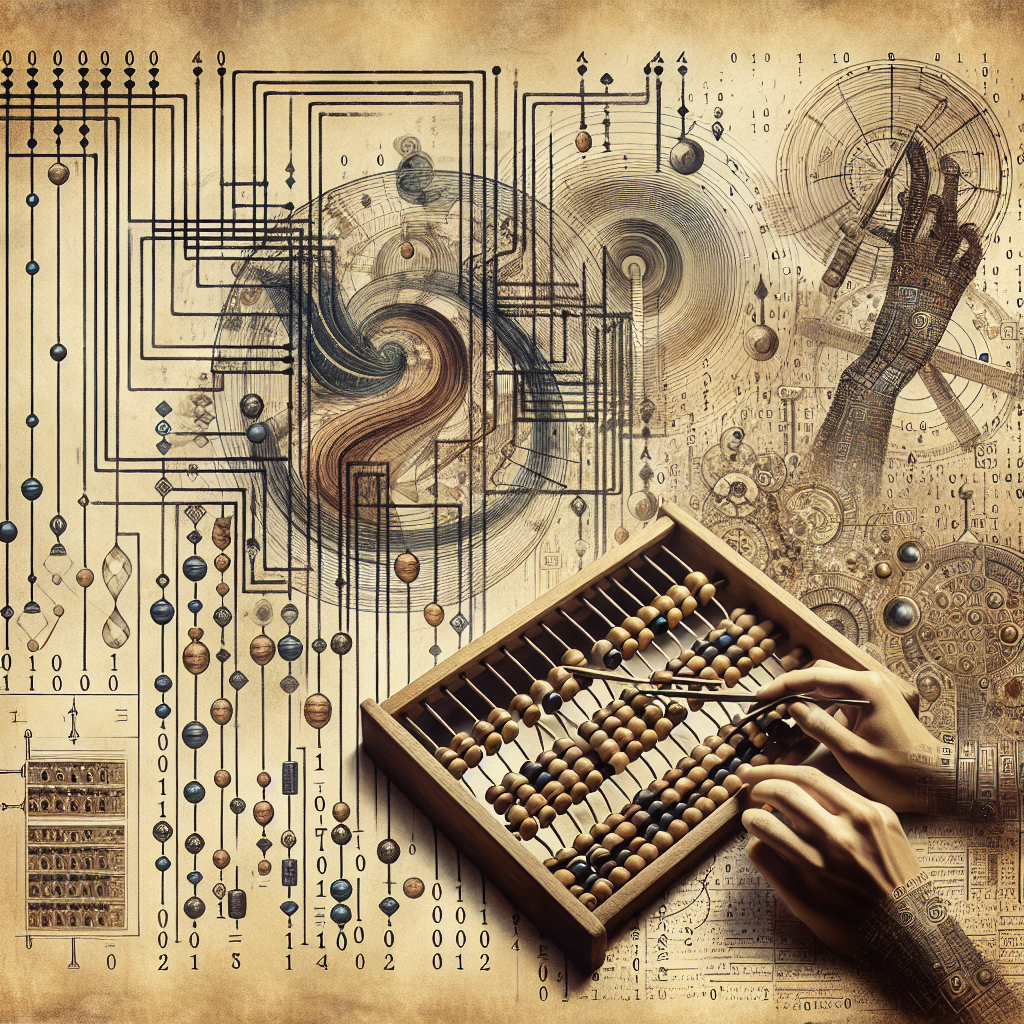From Aversion to Appreciation: Understanding Our Evolving Relationship with Algorithms
This article explores the phenomenon of algorithm aversion, analyzing how familiarity impacts our judgment of errors made by humans versus algorithms. It discusses research findings indicating that our biases are often shaped by the status quo, leading to harsher evaluations of new technologies and a gradual shift from skepticism to acceptance.

- Country:
- United States
Waterloo, Aug 11 (The Conversation) - New technological inventions, from the printing press to the internet, have historically faced skepticism. Our relationship with the internet, for instance, has undergone radical transformation over the past three decades, influencing our information habits and interactions with artificial intelligence.
This article delves into 'algorithm aversion,' a concept observed in psychological research that shows people tend to judge errors by algorithms more harshly than those by humans—especially when algorithms are not the conventional choice. Studies by cognitive psychologists suggest biases are heavily influenced by whether technology is perceived as part of the status quo.
Despite initial resistance, there is evidence of growing algorithm appreciation, as technology becomes more reliable and integral to everyday tasks. The transition signals a change in how we view technological errors, indicating that familiarity and acceptance may play a larger role in our evaluations than who or what commits them. (The Conversation) GRS GRS
(With inputs from agencies.)
- READ MORE ON:
- algorithm
- aversion
- technology
- bias
- familiarity
- AI
- Internet
- innovation
- psychology
- reliability
ALSO READ
PM Modi Unveils Rs 1,600 Crore Aid for Punjab's Recovery and Rural Development
Haryana's Agricultural Revamp: Modern Tech Meets Indigenous Fairs
Ankur Bhattacharjee Claims Top Seed at National Ranking Table Tennis Championships
Sachin Pilot Amplifies 'Vote Chori' Campaign in Chhattisgarh
Trump's Supreme Moves: From Foreign Aid to Immigration Raids










